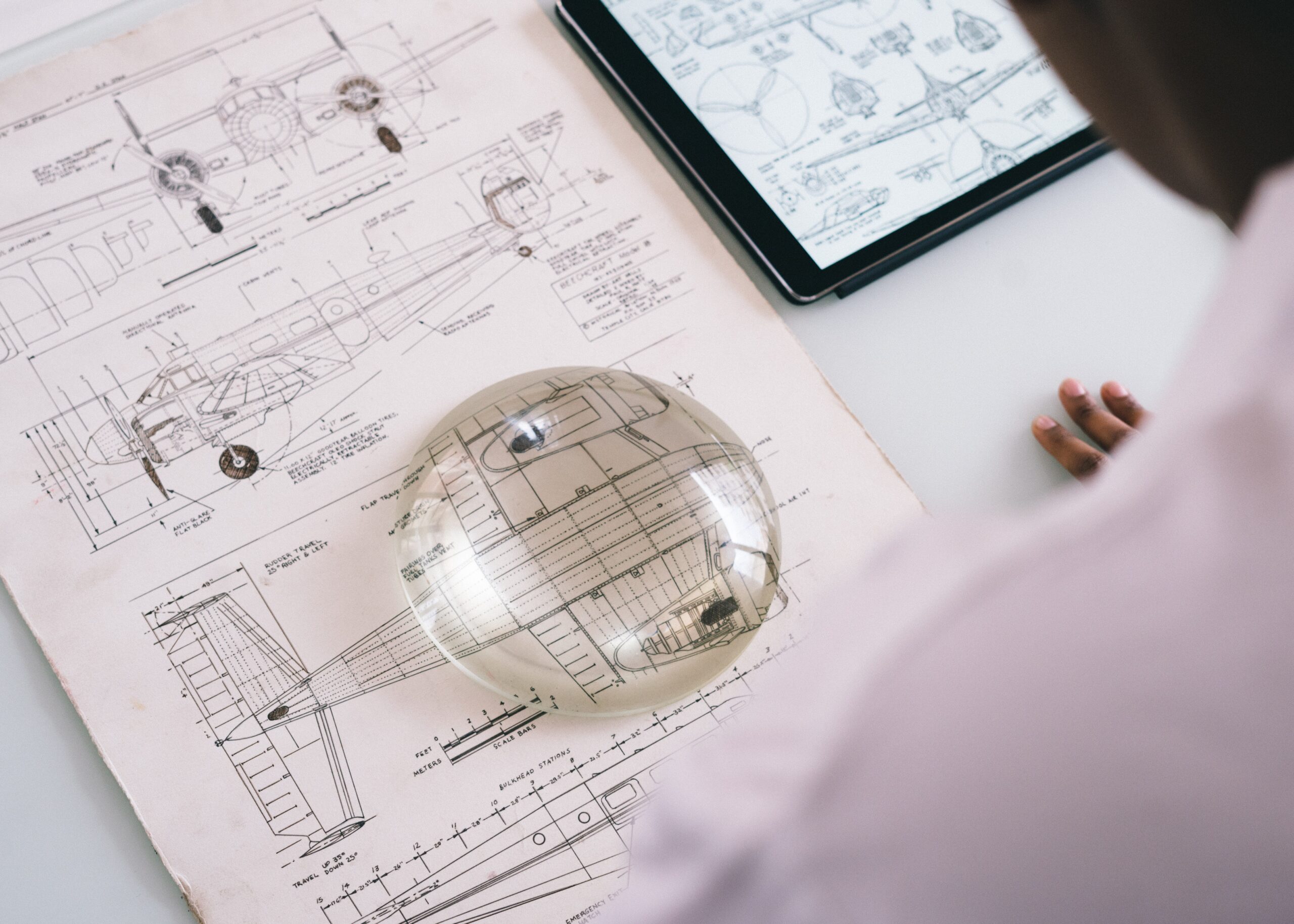Edition 3 – Mechanical Engineering
Welcome back to the next edition of “I’ve got my degree – now what?” As a little recap, this series will look at a different degree subject in each edition and deep dive into what careers you can go into upon graduating, the industries, and types of companies that are hiring in those fields.
The second in our series will look at…Mechanical Engineering! Although having a specific degree doesn’t mean you have to pursue a career in that field, you’d probably want to know what you can do with all of that specific knowledge you’ve acquired. So, without further ado, here are some of the career paths you can take with your Mechanical Engineering degree.
- CAD technician
Computer-aided design technicians use their knowledge of engineering, IT and maths to design buildings, products and parts for whichever field they are employed in. This could be designing parts of aircraft, automobile, or machinery, or perhaps large scale infrastructure projects. You will work alongside architects and other engineers to develop accurate and detailed technical designs in 2D and 3D formats. The key industries CAD technicians are employed in are manufacturing, construction and engineering. When you start your job search, be aware there are other titles that are essentially the same as a CAD technician, this includes; design technician, product designer, BIM technician, engineering or industrial designer. Organisations you may work for include Arup, Rolls-Royce, and Peloton.
- Mechanical engineer
A mechanical engineer is a problem solver. As a mechanical engineer it is your job to come up with solutions to develop products and processes by designing, building, installing and servicing machinery, components and tools across a range of industries. Mechanical engineers are required in almost every industry, so there are thousands of opportunities open to you worldwide, key industries include:
- aerospace and automotive industries
- defence
- construction
- energy companies, from renewable energy to fossil fuels
- manufacturing industries
- process industries, such as food and pharmaceuticals
- sports engineering
- transport
Some employers for you to take a look at include Honeywell, Tetra Tech, and SpaceX.
- Nuclear engineer
Nuclear engineers conduct research on nuclear engineering projects or apply principles and theory of nuclear science to problems concerned with release, control, and use of nuclear energy and nuclear waste disposal. They are tasked with designing, building, running or decommissioning nuclear power stations. You would typically do the following:
- Design or develop nuclear equipment, such as reactor cores and radiation shielding
- Direct operating or maintenance activities of nuclear power plants
- Write operational instructions for handling and disposing of nuclear waste
- Monitor nuclear facility operations to ensure they are in line with safety regulations and laws
- Testing methods of using nuclear material, reclaiming nuclear fuel, or disposing of nuclear waste are acceptable
- Examine nuclear accidents and design preventive measures
You may be based in an office or within a power station – depending on the company you are employed in, you may be required to travel to different locations.
- Water engineer
Ensuring access to clean water is the main responsibility of a water engineer. In addition, assets such as pipes, pumps and other infrastructure need maintenance and improvements, which is the role of the water engineer to oversee. Water engineer is a generic title given to engineers who specialise in water-based projects, however many come from civil engineering or environmental backgrounds. There may also be wider issues you deal with in this role, such as ageing infrastructure, the impact of climate change, or population growth. Key employers are government agencies and water and sewage companies.
- Acoustic consultant
Acoustics is all about sound and vibrations. As a consultant you’ll provide acoustics, noise and vibrations services, like noise assessments and acoustic design advice for buildings and rooms. Work experience is super important and you’ll usually need some relevant work experience to get a job as a graduate acoustic consultant. There may be opportunities for you to gain some experience at music festivals, theatres and local councils.
- Aerospace engineer
Aerospace engineers research, develop, maintain and test the performance of aircraft, missiles, flight simulators, satellites, space vehicles and weapon systems. Some responsibilities you may have in the role include:
- Developing avionic systems like navigation instruments
- Improving fuel-efficiency through R&D
- Using CAD software to draw up project plans
- Carrying out ground and flight-testing programmes
- Data analysis
- Planning and supervising the assembly and fitting of aircraft
- Investigating aircraft accidents
- Project management
- Writing technical reports and manuals
- Presenting information to managers, clients, teams and suppliers
Many large aerospace companies, such as GE Aviation, Boeing and Airbus, offer graduate schemes in the engineering field and usually require a 2.1 or above.
- Technical sales engineer
Have you got the engineering know-how but also an excellent communicator? Feel drawn to sales? Then a technical sales engineer is the role for you. You’ll use your technical knowledge along with sales skills to give advice and support to colleagues and customers. Your time will often be split between the office and out visiting clients. Some of the industries you could work in include: agriculture, automotive, chemical, electronic, manufacturing and telecommunications.
- Automotive engineer
If you’re interested in cars and other motor vehicles, a career as an automotive engineer may be for you. You’ll need both engineering and commercial skills to deliver projects within budget. There are three key areas you’ll focus on: design, production and R&D. Most of your work will be carried out in an office, research facility or manufacturing plant. Working hours tend to be your typical 9-5 unless you work in the motorsport industry which may require weekend events and out-of-hour work for events. If you want to get further qualifications, you can get accredited by a relevant professional body such as the Institution of Mechanical Engineers (IMechE). Companies hiring this career path include Nissan, BMW, and Formula 1.

